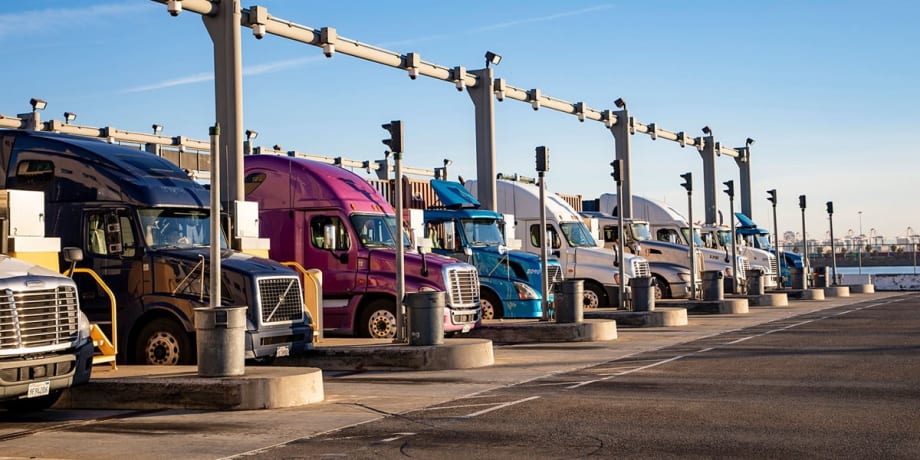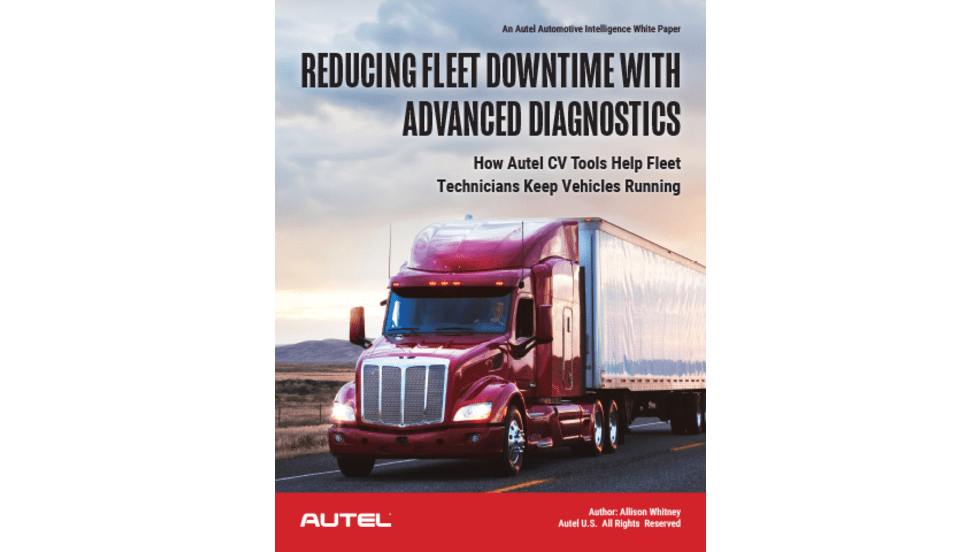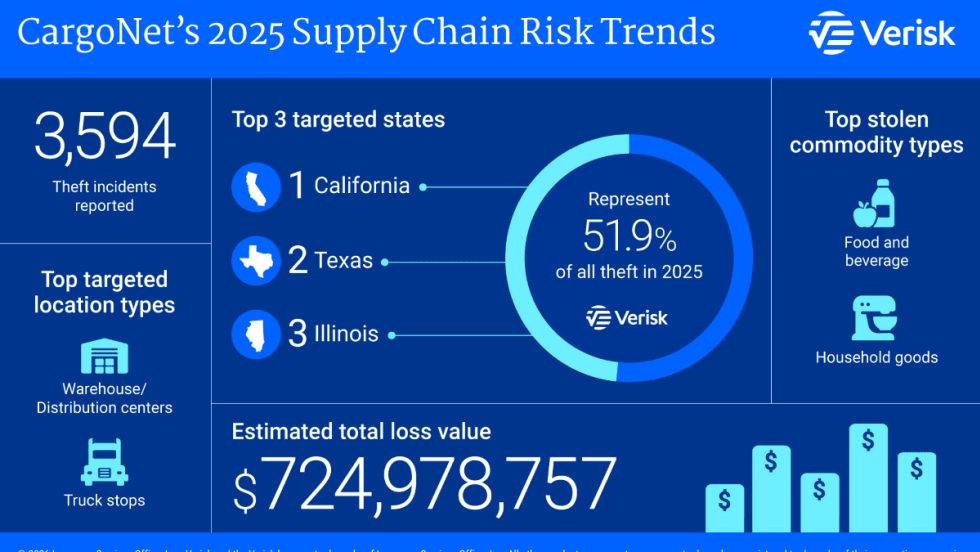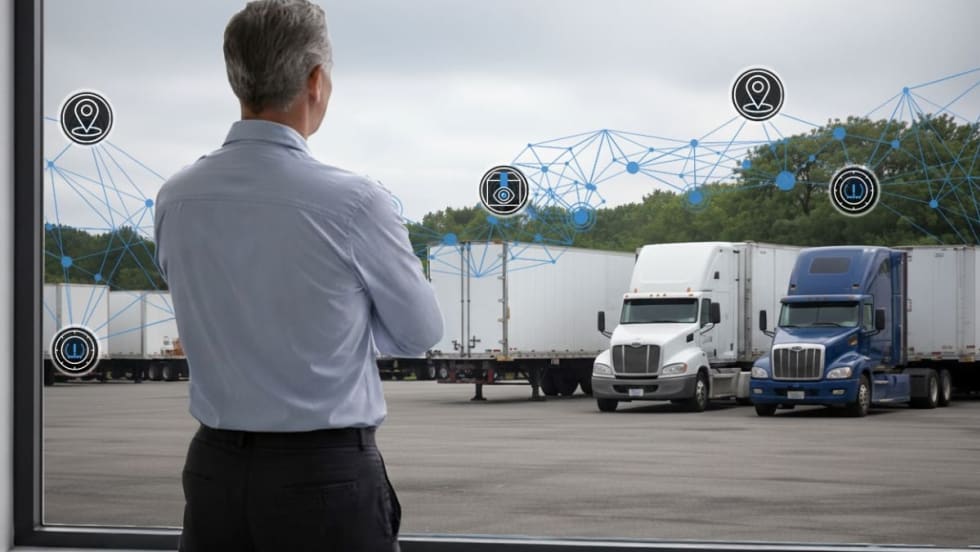In an effort to create sustainable solutions in the supply chain, the U.S. Department of Transportation and the California State Transportation Agency have partnered to help facilitate and finance potentially billions of dollars’ worth of infrastructure improvements in California.
On Oct. 28, the federal-state partnership signed the Emerging Projects Agreement, which allows California to expedite work on a network of related projects – rather than using a piecemeal approach.
Projects that could receive support through this agreement include port-specific upgrades; highway upgrades to improve truck travel times; truck and railyard electrification; inland port facility development to increase warehouse storage; freight-rail capacity expansion; grade-separated crossings to reduce the number of rail-street intersections; and land ports of entry to expand trade capacity and cross-border commerce.
“This partnership will help us jumpstart and support multiple infrastructure projects to improve our supply chain, making sure goods get to where they need to go faster, cheaper, and more environmentally-friendly,” California Gov. Gavin Newsom said in a press release.
Financing opportunities for the billions in infrastructure investment will be made in part through the U.S. DOT credit assistance programs Transportation Infrastructure Finance and Innovation Act and Railroad Rehabilitation and Improvement Financing.
Both the State of California and U.S. DOT have said that infrastructure projects must be considered based on their potential for strengthening supply chain resilience and in a manner that addresses equity and environmental justice.
“The COVID-19 pandemic put a spotlight on California’s ports and the importance of our state’s infrastructure in moving goods throughout the U.S. and around the world,” CalSTA Secretary David S. Kim said. “[The] agreement will go a long way toward quickly upgrading infrastructure to support a more efficient and resilient supply chain that will flex California’s power in global trade.”
Efforts to Improve Goods Movement
The Biden-Harris Task Force on Supply Chain Disruptions is working with private companies from across the supply chain to expand supply chain operations to 24 hours a day, 7 days a week. So far, both the ports of Los Angeles and Long Beach, the International Longshore and Warehouse Union, Union Pacific Railroad, and retailers, including Walmart, Target, FedEx, UPS, and The Home Depot, have committed to expanding hours.
Further, U.S. DOT is working with local and state DMVs to cut bureaucratic red tape and make it easier for truck drivers to obtain commercial driver’s licenses. DMVs are issuing 60% more CDLs this year compared to last, according to the press release.














